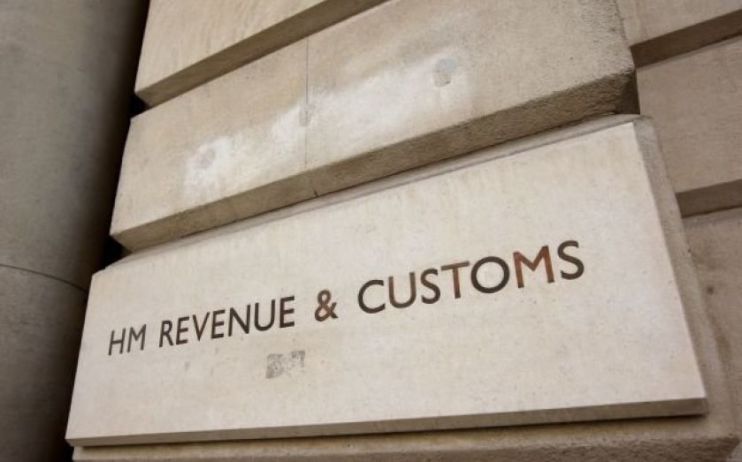HMRC takes tougher stance towards tax evasion following Covid and war in Ukraine

The UK government is taking an increasingly tough stance towards tax evaders, according to new analysis from Pinsent Mason, in a sign HMRC is taking an increasingly tough stance towards tax evaders in its efforts to balance the UK’s books, lawyers have said.
The number of individual taxpayers charged with tax evasion jumped 11 per cent over the previous year, from 304 to 336, as the government has sought to sort out Britain’s finances in the face of the UK’s costly response to Covid and the war in Ukraine, according to new analysis of HMRC figures from London law firm Pinsent Masons.
Andrew Sackey, a partner at Pinsent Masons, said: “It is clear that there is a need for the exchequer to balance the expenditures arising from Covid and the war in Ukraine.”
““These figures demonstrate that it wants to show it means business to ‘persuade’ better tax compliance, and is increasingly looking to press charges against those suspected of tax evasion – whoever they may be – to underpin that message,” the lawyer continued.
“Any one evading tax can – and increasingly will – find themselves in HMRC’s crosshairs and so may have to endure the stress, disruption and reputational damage of a criminal investigation and of course, if found guilty, could well end up behind bars,” Sackey said.
The comments come after German tennis player Boris Becker was in April sentenced to two and a half years in jail, over claims he hid millions in assets after declaring bankruptcy in 2017.
The analysis also showed that HMRC’s conviction rate dropped in the final quarter of the last year, from 99 per cent to 70 per cent, in a sign the government department is becoming increasingly prepared to pursue charges – even when cases are less clear cut.
The combined length of all prison sentences handed out those convicted of tax evasion also increased 42 per cent over the past twelve months, from a total of 185 years to 262 years, as those convicted of tax evasion faced average stints of more than a year in jail.
The increase was particularly sharp in the previous quarter, as the combined length of sentences for tax evasion more than doubled from a combined sum of 54 years in the third quarter to a total of 125 years in the final three months of the financial year 2021/22.